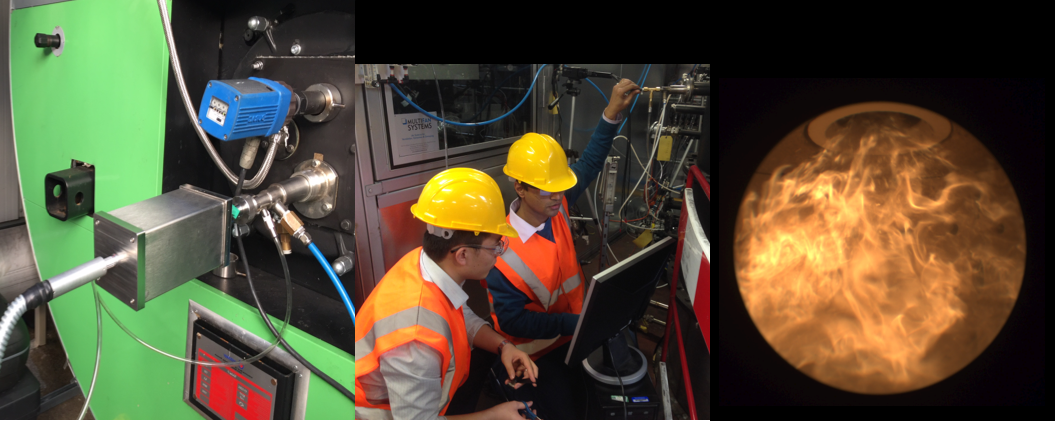The control team provides practical but theoretically rigorous solutions to complex control system challenges where the complexity stems from nonlinearities, uncertainties, time delay, faults and interactions between subsystems. The research area covers the majority topics of control and observations, including dynamical modelling. The theoretical tools use unique properties of differential equations with discontinuous right-hand sides which provide total robustness to a substantial class of parameter changes and external disturbance signals. The control team has established an international reputation in the area of variable structure control of complex interconnected systems. Through collaborations with institutions in Mexico, China and the UK, the research by the control team has made a significant impact on design and operations of industrial processes and biological systems.
Collaborative experimental test platform for the control of multi stirred-tank reactors located at China University of Petroleum
The team’s successful fundamental research has led to the development of some significant results which have the potential for practical applications. Current key research themes include:
- Intelligent sliding mode control of networked systems
- Robust observer design and parameters estimation of nonlinear interconnected power systems
- Robust advanced control with applications to robotic systems.
- Fault diagnosis and tolerant control of high-speed trains.
- Modelling and simulation tools for the understanding of physical properties of biological cells
